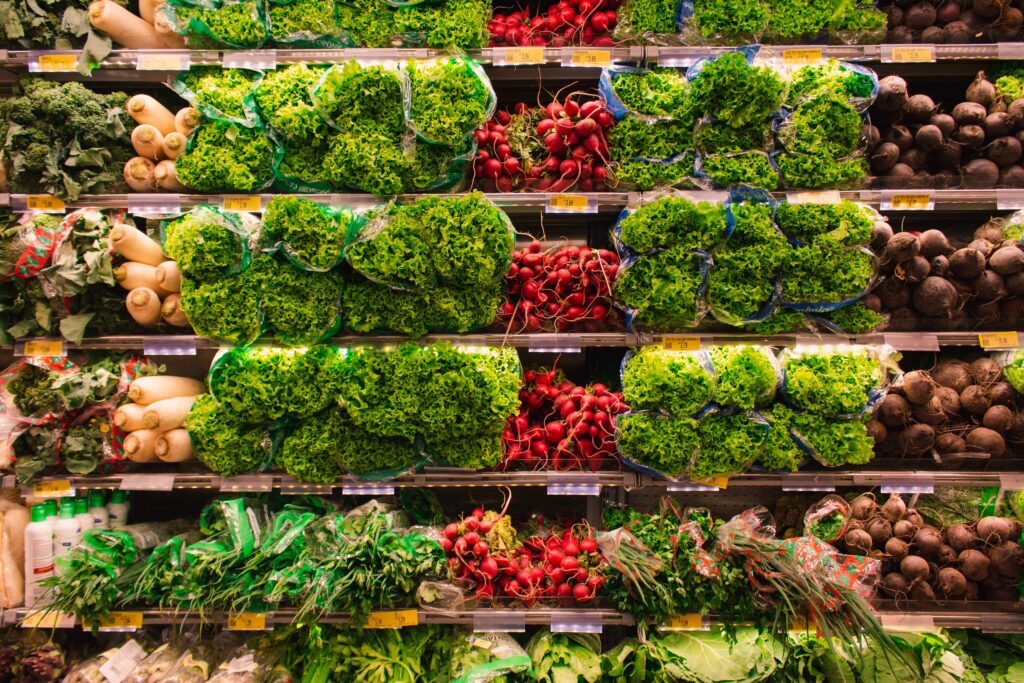 Global economic crises have become a common phenomenon in the world today. Since the 2008 financial meltdown, many countries have experienced economic downturns that have affected all sectors of their economies, including agriculture. However, despite the challenges, farmers have shown remarkable resilience in the face of adversity. Agriculture has not only weathered the storms but has also played a significant role in economic recovery. In this article, we will explore the impact of global economic crises on agriculture and how the sector has remained resilient.
Global economic crises have become a common phenomenon in the world today. Since the 2008 financial meltdown, many countries have experienced economic downturns that have affected all sectors of their economies, including agriculture. However, despite the challenges, farmers have shown remarkable resilience in the face of adversity. Agriculture has not only weathered the storms but has also played a significant role in economic recovery. In this article, we will explore the impact of global economic crises on agriculture and how the sector has remained resilient.
From Crisis to Crop: How Agriculture Thrives Amidst Global Turmoil
Agriculture has always faced numerous challenges, including droughts, floods, pests, and diseases. However, farmers have learned to adapt and overcome these obstacles. The same resilience has been demonstrated amidst global economic crises. Farmers have continued to produce food, fiber, and other agricultural products, despite the challenges. In fact, agriculture has proved to be a stable sector during economic downturns as people still need to eat and demand for food and other agricultural products remains unchanged.
Sowing the Seeds of Resilience: How Farmers Overcome Economic Downturns
Farmers have to be innovative and creative to overcome economic downturns. They have been forced to find ways to cut costs, increase efficiency, and diversify their income streams. Some have switched to more profitable crops, while others have adopted new technologies to reduce input costs. Additionally, farmers have developed new markets for their products, such as farmers’ markets and community-supported agriculture. Farmers have also formed cooperatives to pool resources, share knowledge, and market their products.
Cultivating Growth in the Face of Adversity: Agriculture’s Role in Economic Recovery
Agriculture has played a significant role in economic recovery during global economic crises. The sector has created jobs, increased income for farmers, and boosted GDP. In some cases, the government has invested in agriculture as a way of stimulating economic growth. For example, during the Great Depression, the US government introduced the New Deal, which included programs to promote agriculture such as the Agricultural Adjustment Act, which paid farmers to reduce production. The result was increased demand for agricultural products, which helped to revive the economy.
Harvesting Hope: How Agriculture Can Help Heal the Wounds of Global Crises
Agriculture can be a source of hope during global crises. It has the potential to provide food security, reduce poverty, and promote economic growth. It can also bring communities together, as farmers work together to overcome challenges. Through agriculture, communities can build resilience and become more self-sufficient. Moreover, agriculture can help to mitigate the effects of climate change by promoting sustainable practices such as conservation agriculture and agroforestry.
In conclusion, agriculture has shown remarkable resilience in the face of global economic crises. Farmers have demonstrated innovation and creativity in adapting to economic downturns. Agriculture has also played a significant role in economic recovery and can be a source of hope during crises. As such, there is a need to invest in agriculture as a way of building resilience and promoting economic growth.
